Before that, in 1620, missionaries had "compiled a Catechism in the Dang Trong language, which was very useful; because not only did children learn it by heart, but adults also learned it" (Christophe Borri, Relation de la Cochinchine , Lille, 1631, page 152). Perhaps Pina transcribed the book into Quoc Ngu and other preachers transcribed it into Nom. Unfortunately, both of these books were lost.
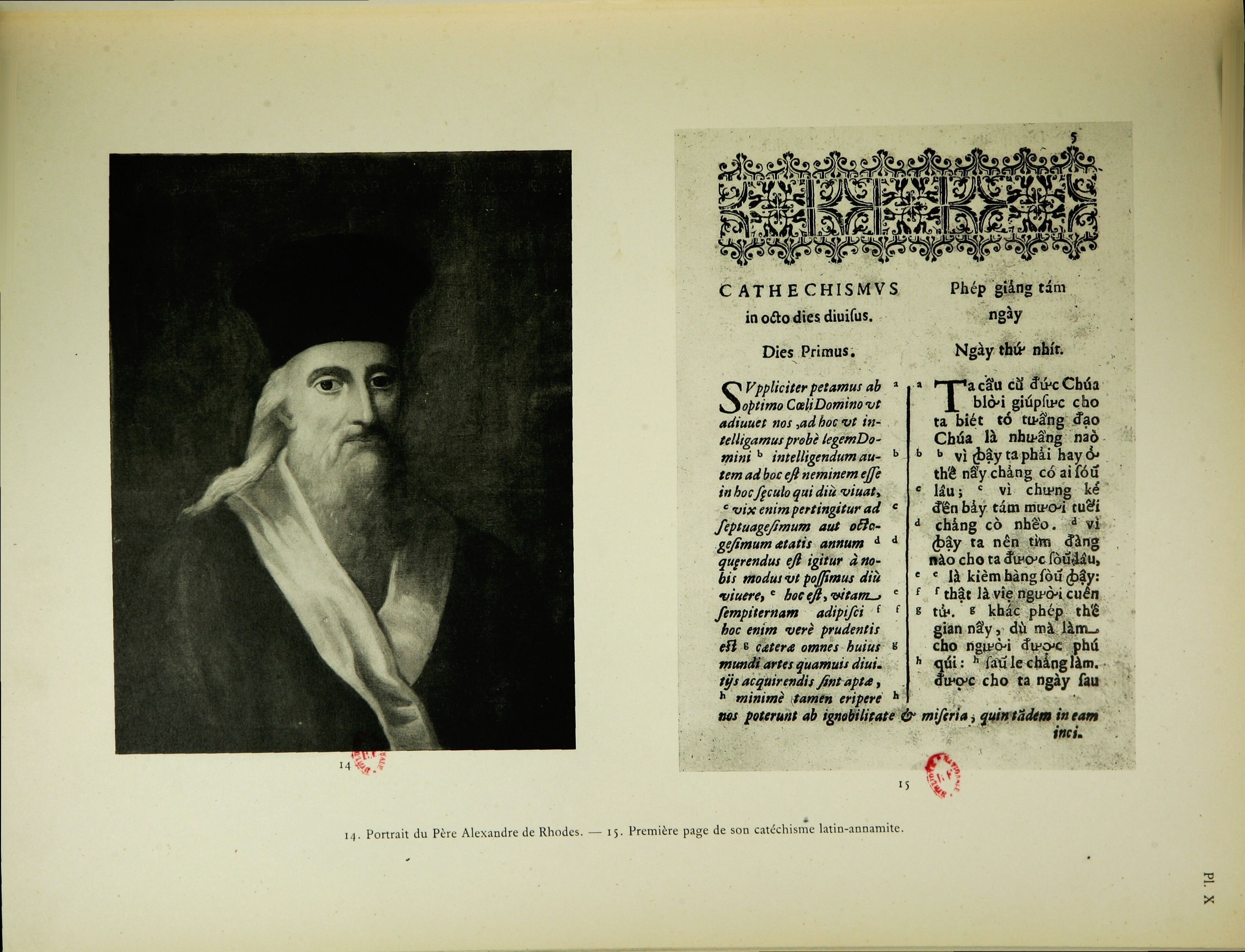
Portrait of priest Alexandre de Rhodes and the first page of the catechism The Eight-Day Sermon
PHOTO: NATIONAL LIBRARY OF FRANCE
In a letter written in early 1622, Pina further explained the missionary work and especially the creation of the national language at Dinh Chiem as follows: "Dear Father, last year I wrote to you that I had bought two houses from Miss Gioanna's mother at Dinh Chiem, each house had three rooms, one house was used as a residence and the other was used as a chapel. My purpose is that we should have our own property in a very important area in this Kingdom so that we can celebrate Mass and cultivate and nurture the Christian group here... In each house there should be at least three young men to help with chores and let them learn their mother tongue as well as our language... In the early years, I taught uncle Andrew to be an interpreter for Father Marques, the second young man was Francis but he was old... As for learning languages, Dinh Chiem is the best place, because the Governor's palace is located here; people speak very well and there are many young students gathered there, so those who start learning languages will find help from the students. ... This language has a melody like a musical melody, one must first learn to sing the correct tones, then learn the sounds through the alphabet... As for me, I have compiled a small book on the writing and tones (melody) of this language; I am now working on grammar. However, although I have collected stories of various genres to cite the authors, to determine the meaning of words and grammar tips, up to now I still have to ask someone to read it to write it down in Portuguese letters, so that our people can read and learn it by heart"... (Tran Duy Nhien, Missionary work in Quang Nam in 1623 , Roland Jacques, pages 92 - 105).
Thus, by 1622, Pina had compiled a small collection of Vietnamese spoken language recordings in the Latin alphabet with accents to distinguish sounds. Pina also began to study Vietnamese grammar by citing texts by Vietnamese authors. Of course, these were texts in Nom script that Pina could not read, so he had to ask someone to read them for him.
Two years later, at the end of 1624, Alexandre de Rhodes (Đắc Lộ) and Antoniô de Fontes arrived at Dinh Chiem. Đắc Lộ recounted: "Here we met Father Pina who was very fluent in the native language... When we first arrived, listening to the local people, especially the women, was like listening to birds singing, I did not hope that I would ever learn to speak... We saw that Fathers Fernandez and Buzomi always had to have an interpreter to preach, except for Father Pina who did not need an interpreter because he spoke very fluently... I immediately devoted myself to studying: every day people (Pina?) gave me lessons to learn and I studied diligently like I used to study theology in Rome". And Fontes said: "The place where I temporarily stayed was Dinh Chiem, where three priests settled: Father Pina knew Vietnamese very well, was the superior and Vietnamese teacher, along with Đắc Lộ and Fontes who were members and students".
De Rhodes was probably Pina's most outstanding student, so the Preface of the Vietnamese-Portuguese Dictionary wrote: "In this work, in addition to what I learned from the natives during nearly twelve years - the time I stayed in the two regions of Dang Trong and Dang Ngoai - from the beginning I studied with Father Francisco de Pina, a Portuguese language teacher, the first of us to be very knowledgeable about this language, and also the first to begin preaching in that dialect without using an interpreter."
So it is clear: Pina was the first to create the National Language and De Rhodes was the one who perfected the National Language and published dictionaries and religious books in the National Language. So the history of the National Language should include the place name of Quang Nam Citadel and the famous person Francisco de Pina. (to be continued)
(Excerpt from Miscellaneous Notes on Vietnamese History and Geography by the late scholar Nguyen Dinh Dau published by Tre Publishing House)
Source: https://thanhnien.vn/chu-quoc-ngu-cua-francisco-de-pina-185240929230908214.htm


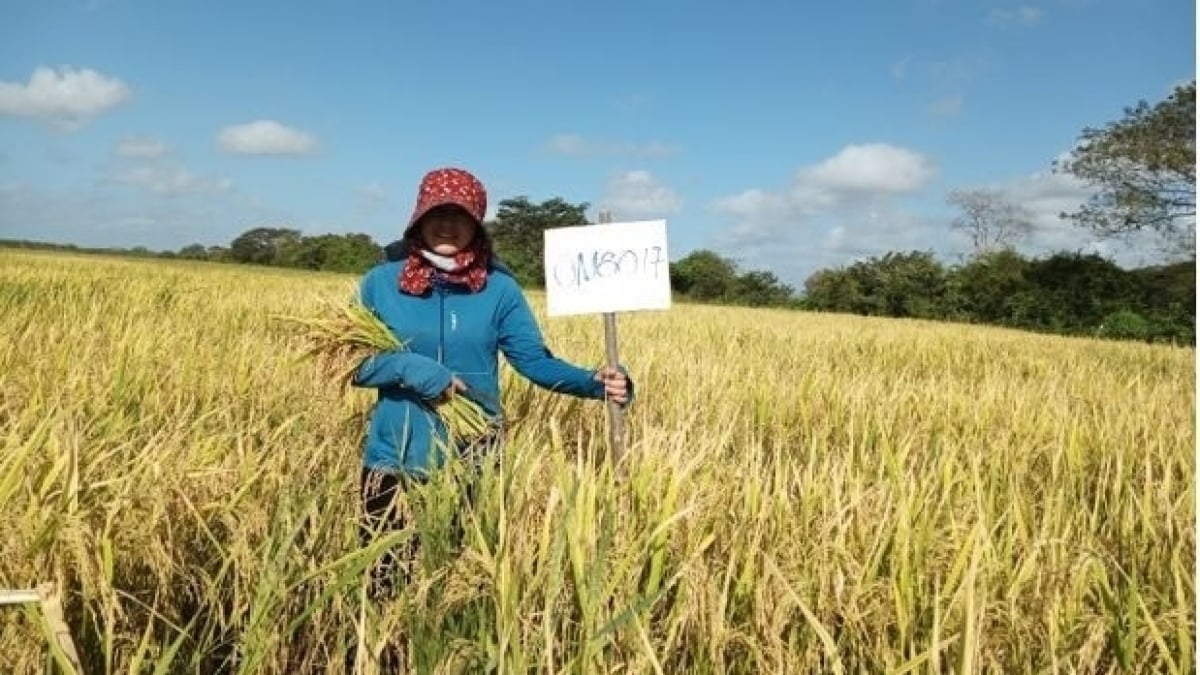
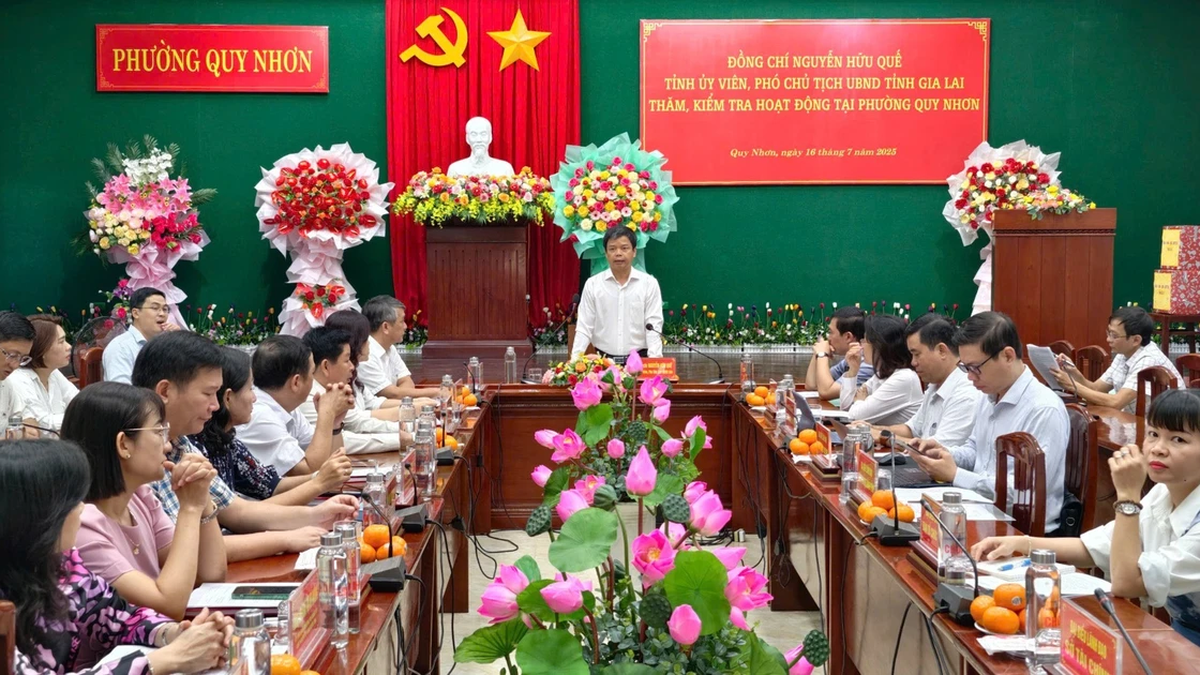
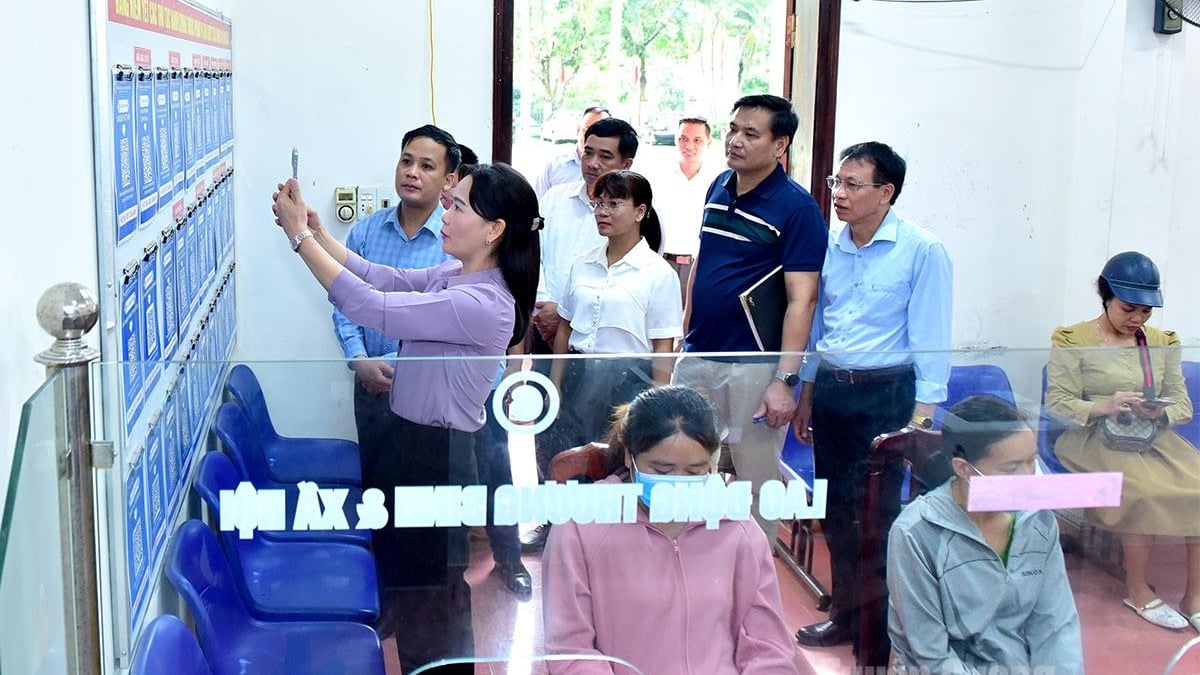

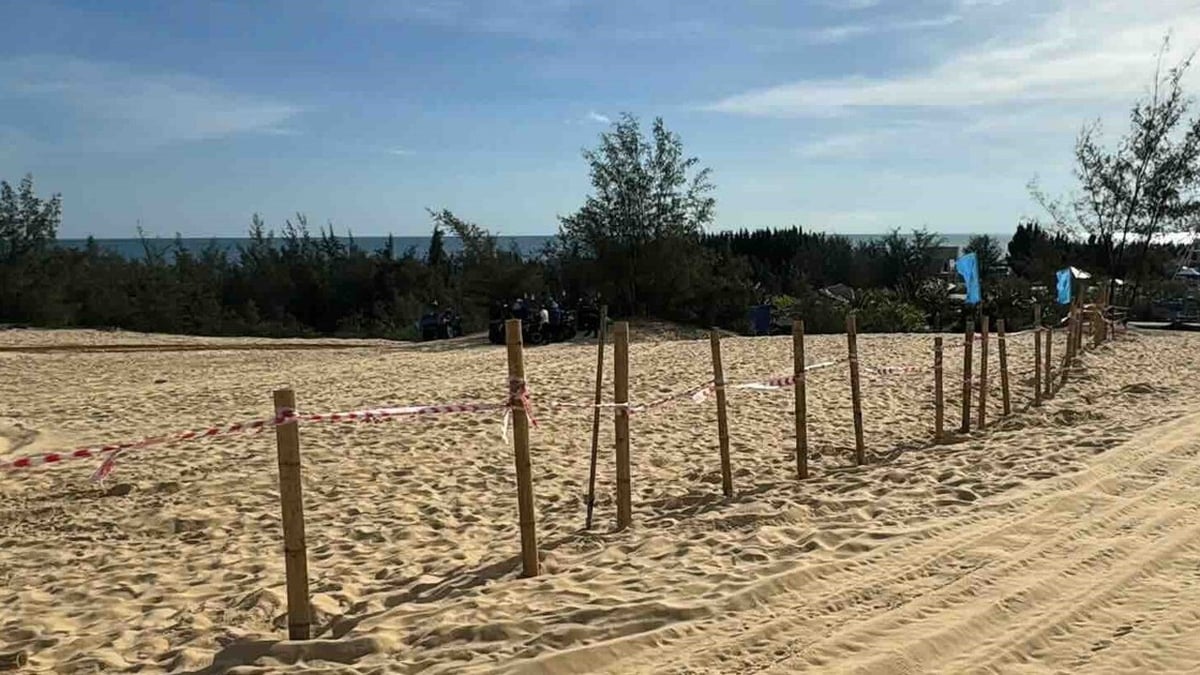

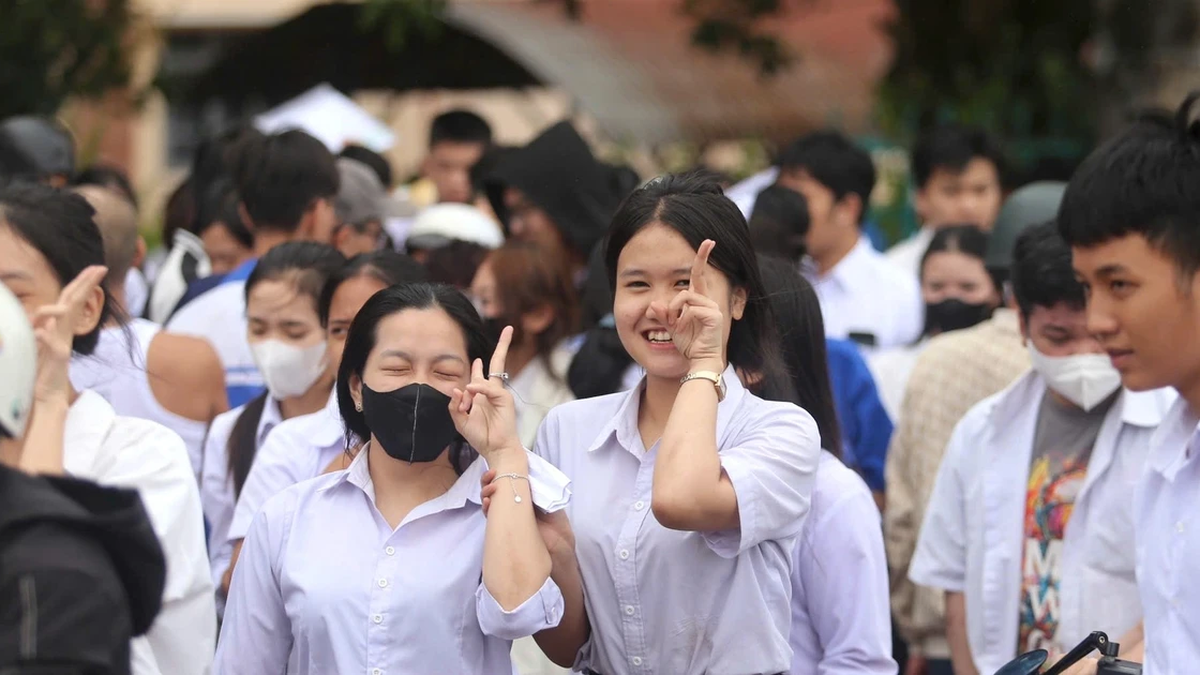
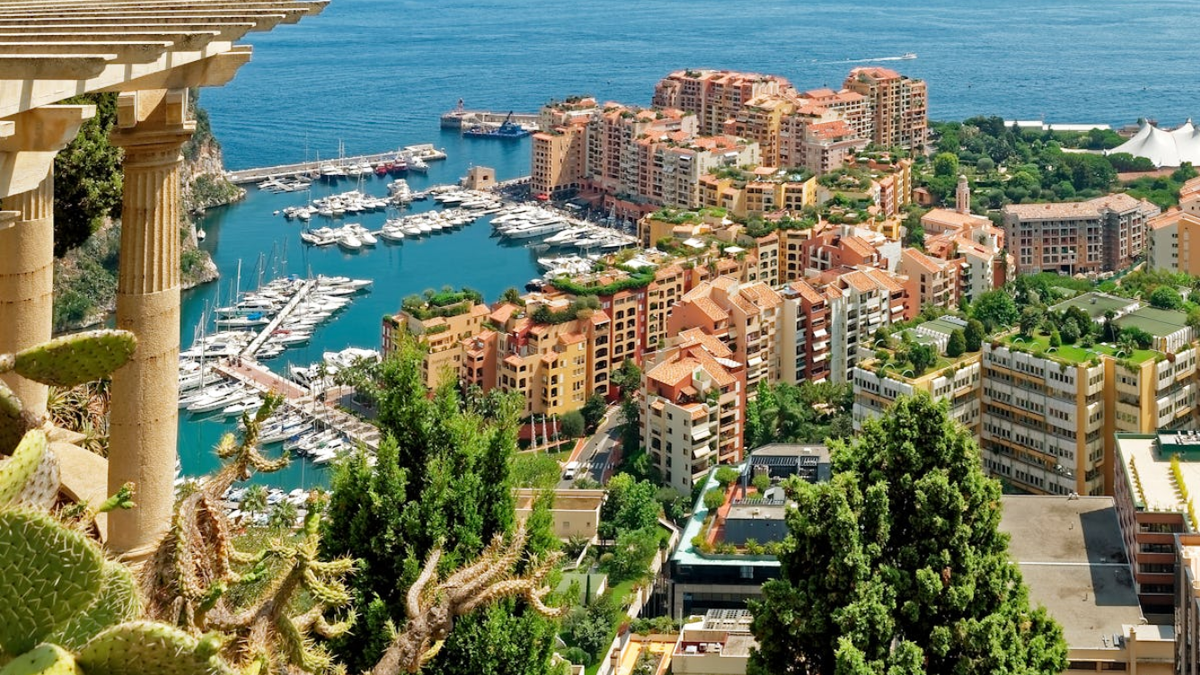

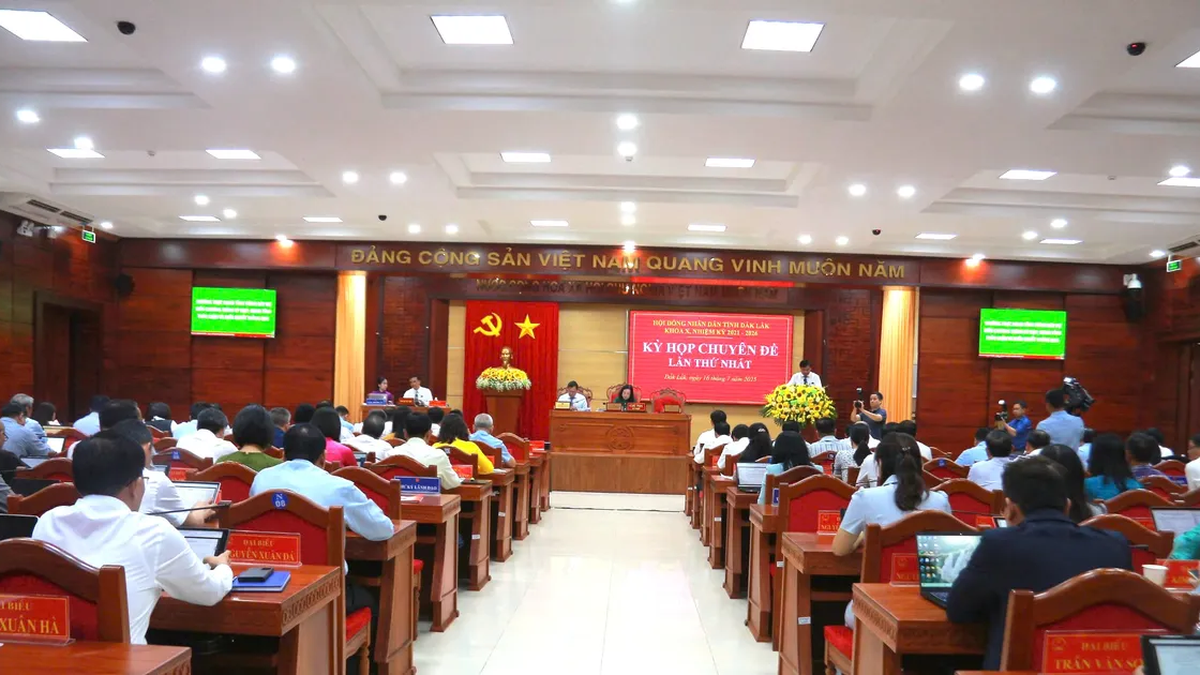
































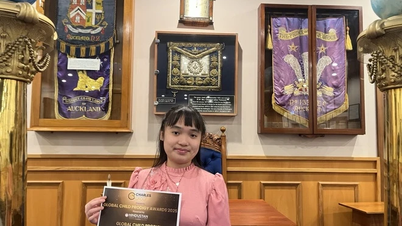
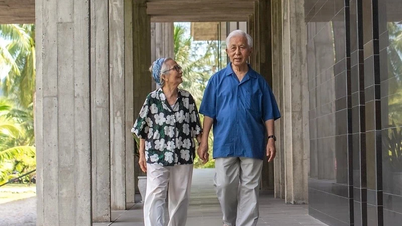

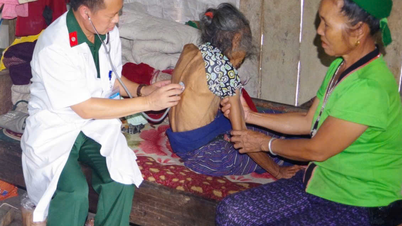














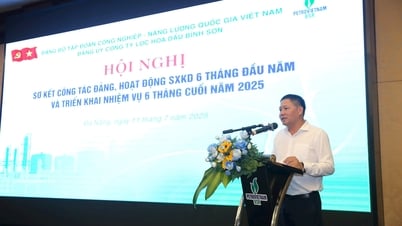

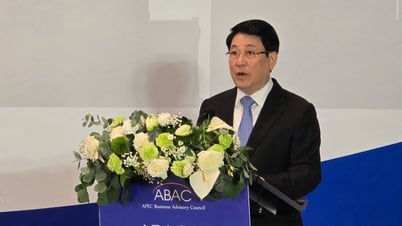


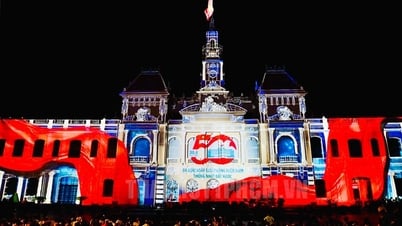
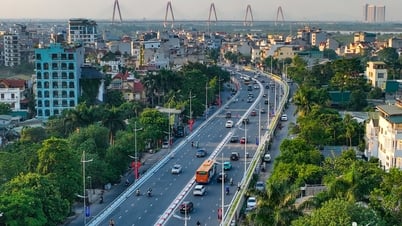



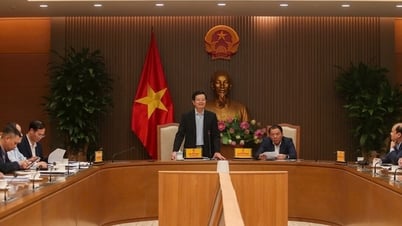

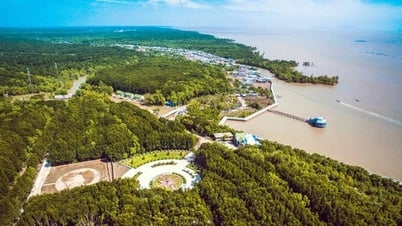
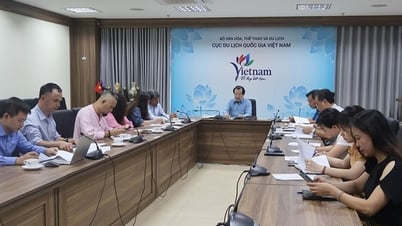

























Comment (0)